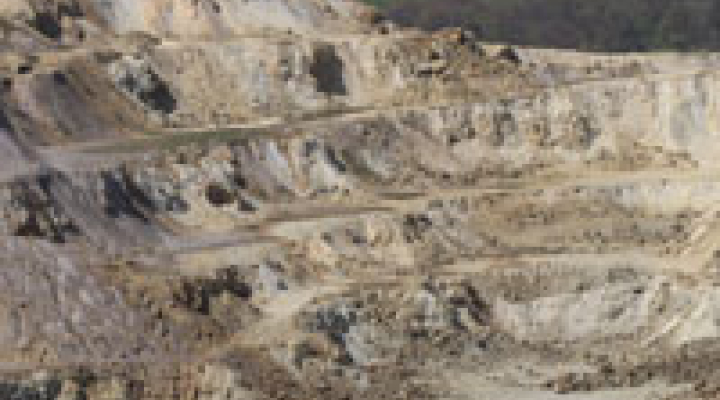Banning cyanide mining technologies in the EU-should the extent of the risk count?
During the orally posed question question on the matter, the MEPs argued for the total ban of cyanide usage in gold mining based on the environmental policies of the EU and the directives on water.
In the absence of the commissioner in charge on environmental issues, Janez Potocnik internal affairs commissioner Cecilia Malmström met with the members of the Parliament.
Most of the MEPs taking part in the debate supported the idea of banning cyanide based mining. Almost all political groups assured EPP’s János Áder, one of the initiators of the question of their support.
The representatives of the Romanian Democratic-Liberal Party (PD-L) called the total ban of cyanide based mining a exaggeration saying that the use of this type of technology is possible under proper control, while the benefits of gold mining exceed by far the risks undertaken.
DAHR’s MEP Csaba Sógor explained that the issue reaches beyond the boundaries of environmental policy due to the fact that the resulting pollution can affect the health of the population. This comes into contradiction with article 35 of the Charter for Fundamental Rights about the citizen’s rights to higher quality of health protection. The Transylvanian MEP believes that it is useless to weigh the risks if there is the slightest danger to the health of the citizens and all political arguments loose their meaning because authorities need to respond to the polluter.
At the end of the debate, commissioner Malmströn conveyed the opinion of the EC with regard to regulations in force and stated that Commission has no intention to ban cyanide based mining because the technology doesn’t have an alternative at present. She promised that the Commission will follow the developments in the field and will propose the usage of cyanide-free alternative solutions to the member states once they become available, as well as less expensive and equally productive.











